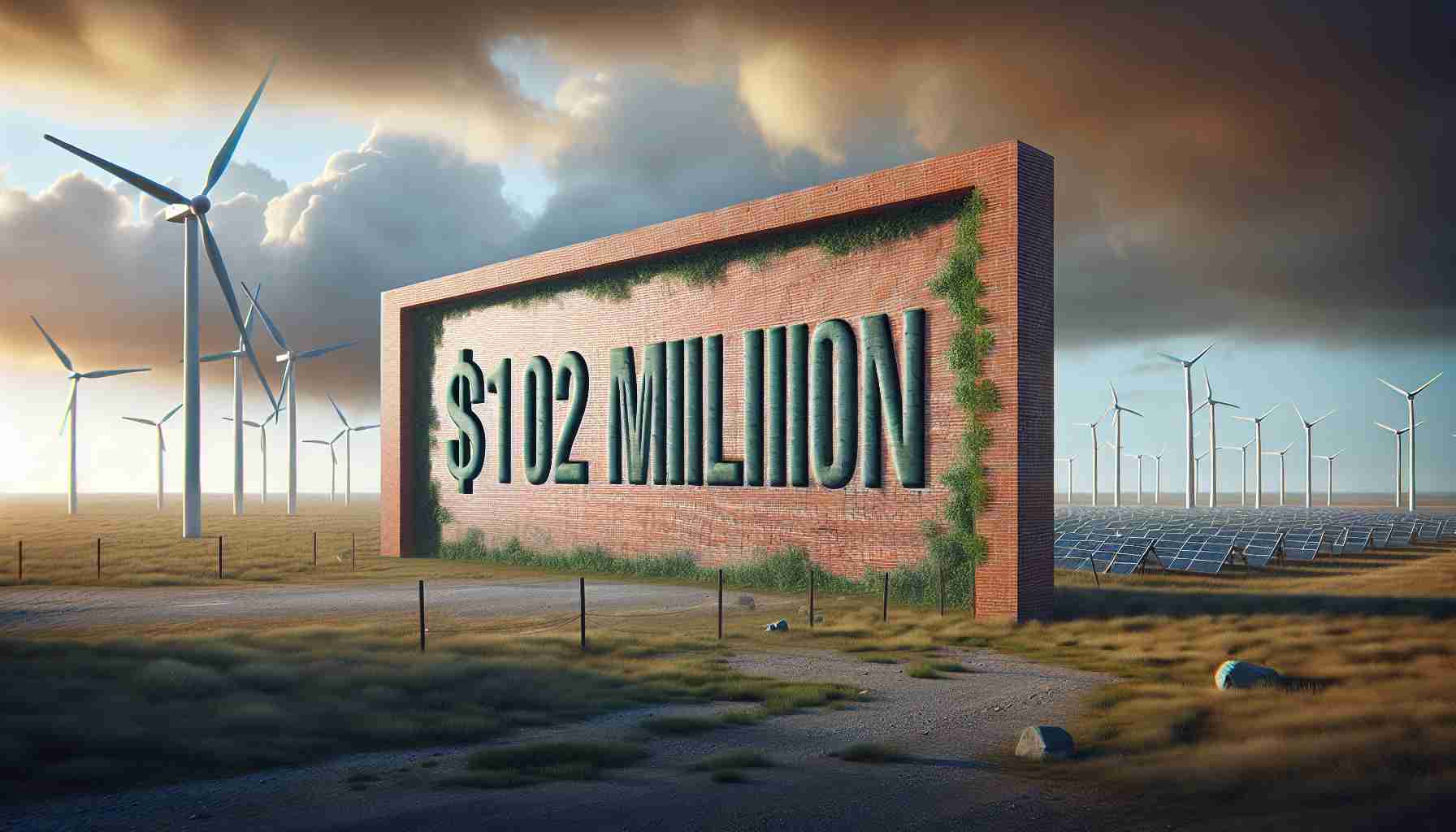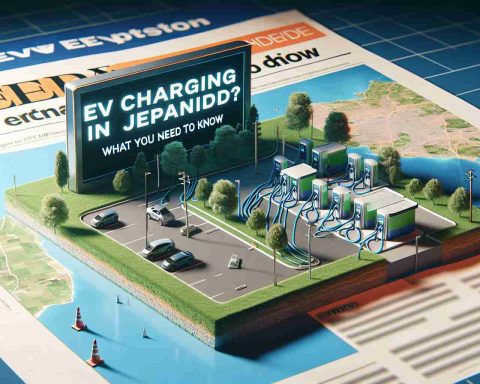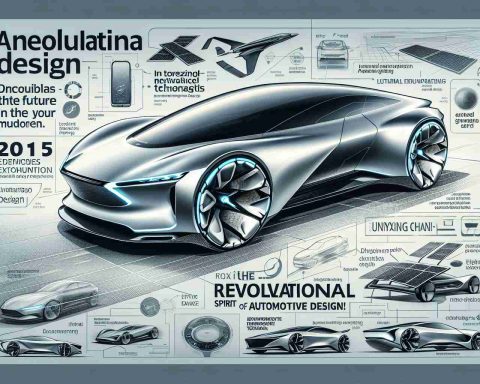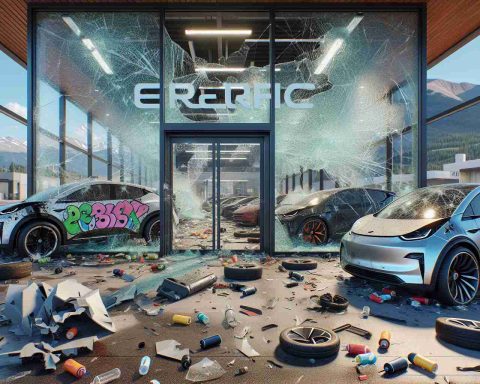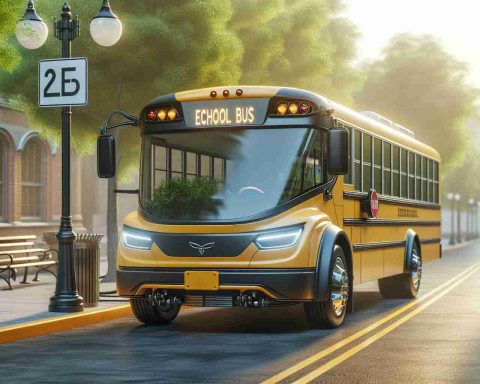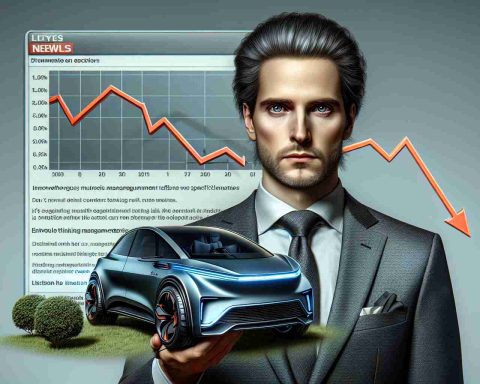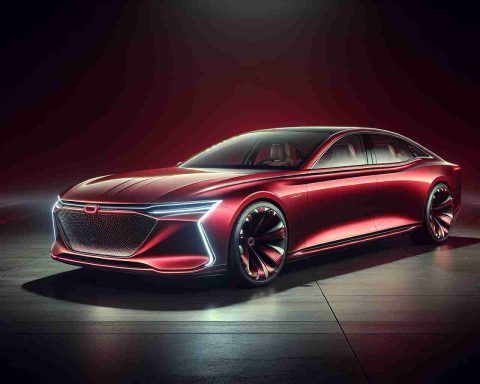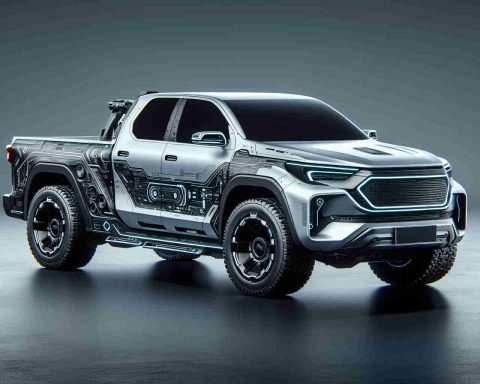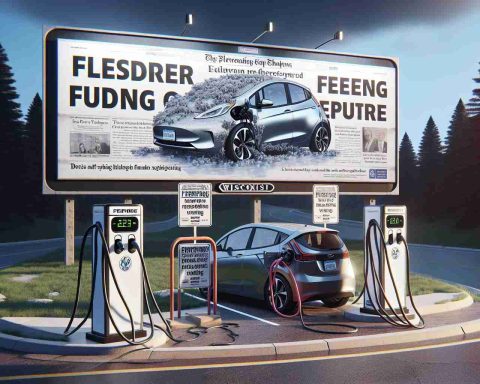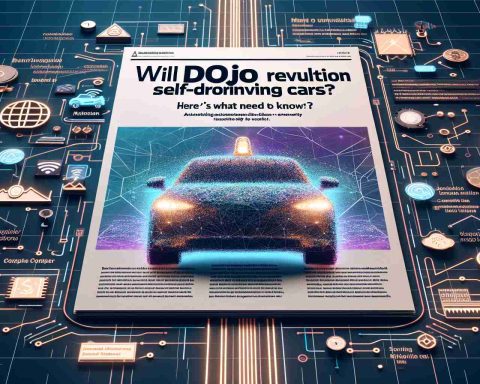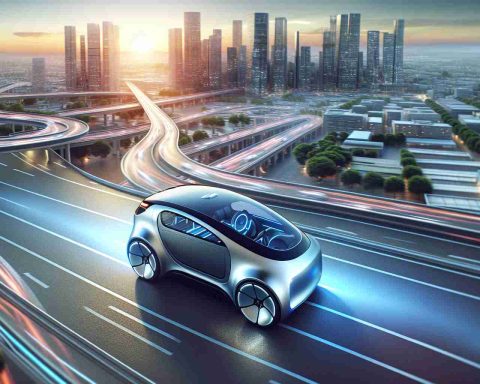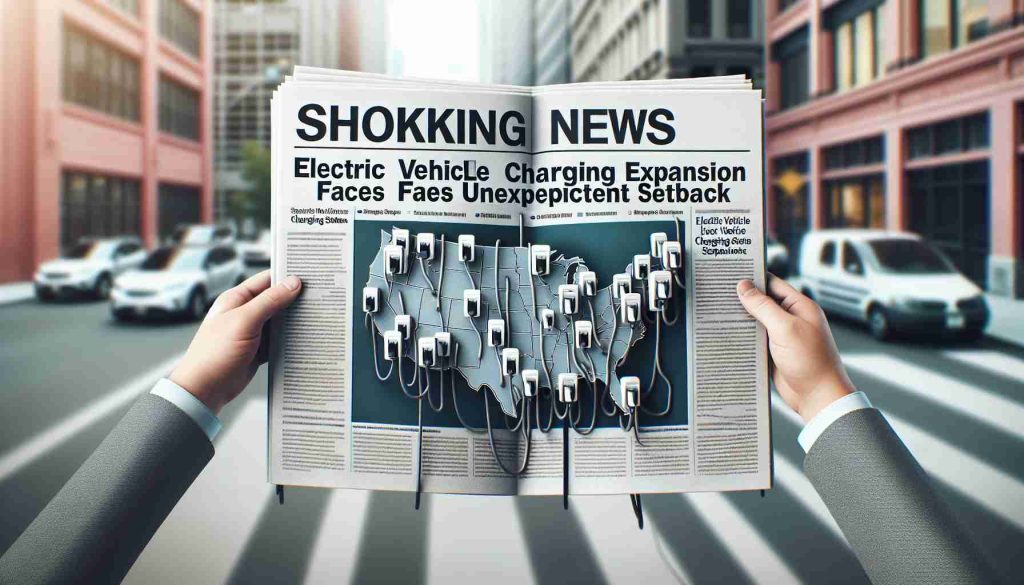- Washington State faces a potential loss of $102 million in federal funds for EV charging stations.
- The funding was part of a $5 billion federal investment in EV infrastructure, previously supported by President Biden.
- Recent federal directives have paused future funding decisions, causing uncertainty for ongoing projects.
- Critics argue that the state’s EV investments have had minimal impact on reducing carbon emissions.
- Only 55 new charging stations have been constructed nationwide, raising concerns about consumer confidence in EVs.
- Ongoing contracts may be frozen, while completed project reimbursements remain available.
In a shocking twist for electric vehicle (EV) enthusiasts in Washington State, the Department of Transportation is facing a potential loss of $102 million in federal funds. This money was designated to boost EV charging stations along the state’s highways. A recent directive from the Trump Administration, supported by the Federal Highway Administration, has thrown the future of this ambitious program into jeopardy.
Initially championed by President Biden, the EV charging initiative was part of a broader $5 billion federal investment aimed at expanding America’s EV infrastructure. However, the new administration’s unexpected halt to parts of the program has left state officials scrambling for clarity. Although Washington’s Transportation Department reports no outstanding federal invoices, the pause on future funding decisions could stall crucial projects.
Critics, including representatives from the Washington Policy Center, argue that the state’s EV efforts have achieved minimal impact, citing that investments have barely nudged down carbon emissions. They claim that a considerable $45 million spent on subsidizing EV purchases yielded disappointing returns.
While the Federal Highway Administration will provide reimbursements for completed projects, any ongoing contracts will likely remain frozen in limbo. With only 55 new charging stations constructed nationwide, this setback could hinder efforts to bolster consumer confidence in electric vehicles.
As the EV landscape turns ever more political, both supporters and skeptics worry that inefficiencies could derail progress. The takeaway? The future of electric vehicle adoption hangs in the balance, and uncertainty looms large over Washington’s green ambitions.
Ev Charging Stations Under Threat: What’s Next for Washington State?
A Critical Look at Washington’s EV Charging Initiative
The electric vehicle (EV) landscape in Washington State is facing uncertainty as it contends with the loss of $102 million in federal funding meant for expanding EV charging stations along highways. Initially part of a broader initiative backed by President Biden, this funding became jeopardized following a recent directive from the Trump Administration, which has left state officials scrambling for answers.
# Key Insights into the Situation:
– Federal Background: The original EV charging initiative received a total of $5 billion in funding aimed at reshaping America’s EV infrastructure. The new government’s freeze on certain parts seems to undermine the progress made.
– Issues with Progress: Critics assert that the substantial spending in the EV sector, particularly the $45 million subsidization for EV purchases, did not significantly lower carbon emissions. They argue that the impact on sustainable transportation has been limited.
– Construction Stagnation: With only 55 new charging stations built nationwide since the funding’s announcement, this situation may further hinder consumer confidence in electric vehicles, creating a gap between EV adoption and charging infrastructure development.
New and Relevant Information
# Trends and Innovations
– Shift in Federal Funding Dynamics: As political dynamics shift, the approach and allocation of federal funds for EV infrastructure are also under scrutiny. The freeze could lead to state-led initiatives seeking private-public partnerships to fill funding gaps.
– Technological Innovations: Despite uncertainties, advancements in fast-charging technology and smart grid integration continue to enhance charging infrastructure’s potential effectiveness. Washington may need to focus on technology adoption to optimize the limited resources available.
# Use Cases and Discussions
– Expansion of Use Cases for EVs: With a growing range of electric models entering the market, communities need to consider where charging infrastructure would be most effective, attending to high-demand areas like urban centers or along major travel routes.
Frequently Asked Questions
1. What will happen to the existing EV projects in Washington State?
– Ongoing contracts may face freezes, but completed projects will receive federal reimbursements. State officials are exploring alternative financing to keep projects on track.
2. How does this funding freeze impact the broader EV market in the U.S.?
– A slowdown in charging station development may discourage EV adoption among consumers, hindering efforts to meet environmental goals and increasing reliance on fossil fuels.
3. What are the potential solutions to overcome this funding challenge?
– State officials might consider leveraging state budgets, seeking private investments, or developing partnerships with tech companies to create a sustainable funding model for EV infrastructure.
Conclusion
The fate of Washington State’s EV charging initiative hangs in the balance amidst changing political tides. With security over federal funding uncertain, the push for electric vehicles could stall unless innovative solutions emerge. Stakeholders must navigate this landscape carefully to ensure that the promise of a greener future is not lost.
For more insights and updates regarding electric vehicles and charging infrastructure, visit NRDC.
